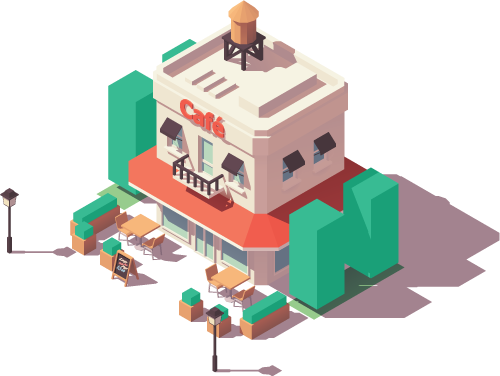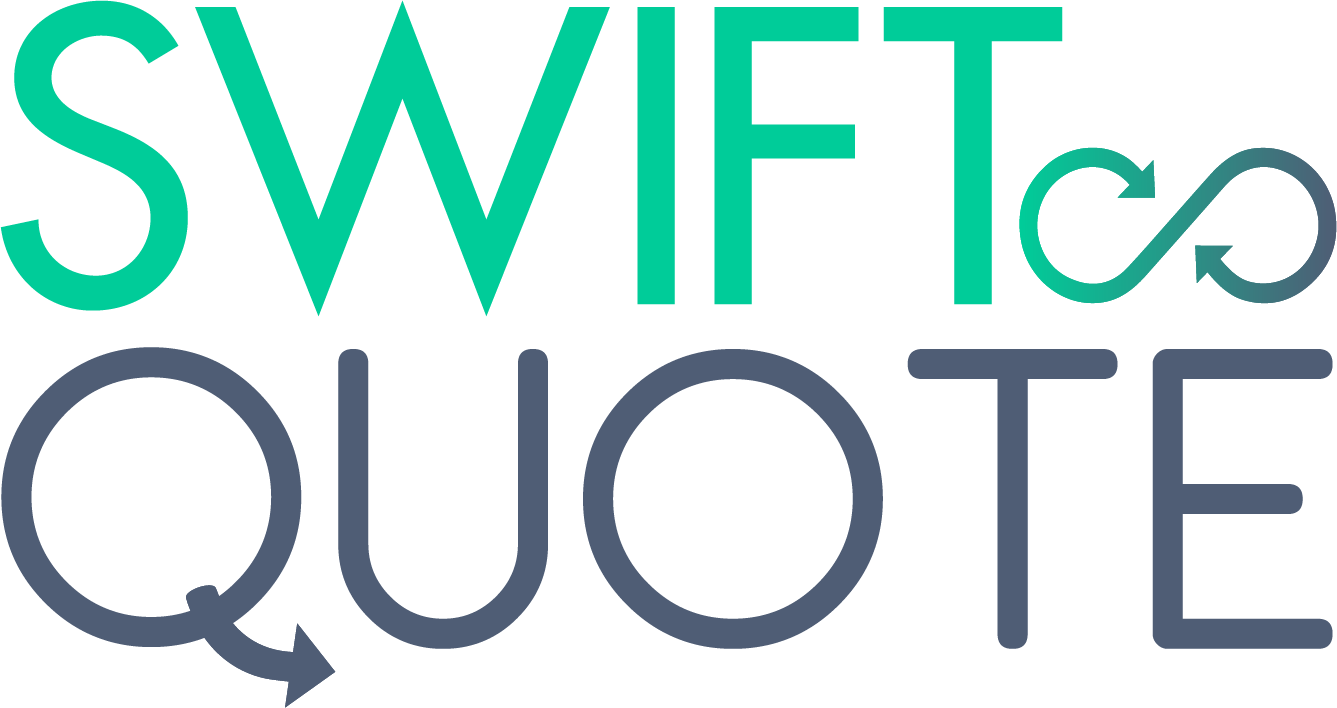- Bellevue, WA
Bellevue grease management resources
Everything you need to maintain your grease compliance and protect your business all year round.

About SwiftQuote
We simplify grease management for busy restaurant owners
We’ve worked with countless restaurant owners who struggle to keep up with grease compliance deadlines – often resulting in avoidable penalties. That’s why we created SwiftQuote. A free tool connecting restaurant owners with trusted grease haulers.
Supporting

Bellevue Grease Trap Policy
All grease interceptors should be cleaned at least twice each year. Some establishments will find it necessary to clean their traps more often than twice per month. If the establishment has to clean it too often, the owner should consider installing a larger trap or interceptor.
Any establishment that introduces grease or oil into the drainage and sewage system in quantities large enough to cause line blockages or hinder sewage treatment is required to install a grease trap or interceptor. Interceptors are required for high volume restaurants (full menu establishments operating 16 hrs/day and/or serving 500+ meals per day) and large commercial establishments such as hotels, hospitals, factories, or school kitchens.
Grease traps are required for small volume (fast food or take-out restaurants with limited menus, minimum dishwashing, and/or minimal seating capacity). Medium volume establishments may be required to install an interceptor depending upon the size of the establishment.
Frequently Asked Questions
What is a grease trap?
Grease traps are devices that your kitchen wastewater flows through on the way to the sewer. These devices separate grease and other fatty waste from the water before it can reach the sewer. Grease traps can also be called grease interceptors, and while they are not the same, they do the same job.
Whether you need a grease interceptor or grease trap will depend on your business’s size and the amount of grease and fatty waste you regularly produce.
What businesses need to have a grease trap installed?
Pretty much any business that produces grease and other fatty waste in large quantities must install a grease trap or interceptor. High volume grease producers such as hotels and hospitals typically require a grease interceptor. Low volume food service establishments such as fast food outlets or mobile takeaways need a grease trap.
When should I clean my grease trap?
Grease devices fill up fast, so you must have a regular cleaning and maintenance schedule. As the grease trap fills up, it becomes less effective at preventing grease from getting into your pipes.
It would be best if you got your grease trap cleaned regularly – how often will depend on the size and the amount of grease you produce in your kitchen. You can get a rough idea of the grease amount by checking your trap every day for a week and seeing how quickly grease builds up.
A good rule of thumb for grease trap cleaning is every 1-3 months.
How does SwiftQuote help?
You can create quote requests for individual service providers or all providers in their area. Providers are invited to offer quotes for work and can message you directly through the app to understand the job specifics.
When you are ready simply select your preferred provider and schedule the service. Upon job completion, the provider uploads service details to SwiftQuote, and you can either pay online via credit card or offline directly to the provider.
Are SwiftQuote pump-outs reported to my regulator?
Yes! When jobs are completed through SwiftQuote, the work order or pumping manifest is automatically submitted to participating jurisdictions through SwiftComply’s compliance software.
What does it cost?
SwiftQuote is a free service for businesses. The only thing you pay for is your service booked through the platform.
